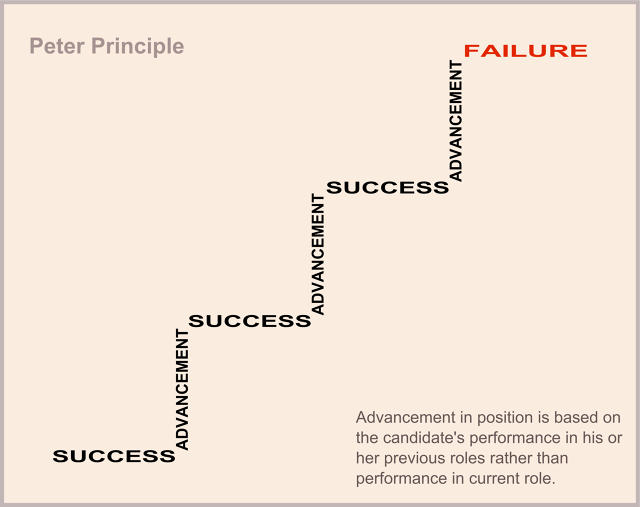This May Not Surprise You: Only 10% Of Managers Have What It Takes To Be Managers
It’s actually really, really hard to be a great boss. And the qualities that make people great bosses are not how we decide who gets promoted.
If you interact with managers at work, this may not surprise you: A lot of people aren’t good at being managers. They lack the skills, the poise and, above all, the ability and willingness to engage. And we all know how this affects you, the worker. A bad manager can be disconnected and uninterested, leaving you alone but failing to help you grow. But the situation can be much, much worse.
Just how common are these bad bosses? A new report from Gallup, based on extensive polling, finds only 10% of managers have what it takes to be “a great manager.”
“Great managers possess a rare combination of five talents. They motivate their employees, assert themselves to overcome obstacles, create a culture of accountability, build trusting relationships and make informed, unbiased decisions for the good of their team and company,” says the report. “The majority of managers are miscast.”

Management theory has answers for why that is. The Peter Principle says people are often are promoted based on their current role, not their prospective performance in a management role. Or, they’re promoted because it’s their turn:
“When Gallup asked U.S. managers why they believed they were hired for their current role, they commonly cited their success in a previous non-managerial role or their tenure in their company or field,” the research group says.

Gallup measured the engagement levels of 27 million employees in 195 countries. In the US, only 30% of U.S. workers are fully engaged, and Gallup thinks managers are largely to blame (it says 70% of the engagement variance in down to them). It says there’s “a clear link between poor managing and a nation of ‘checked out’ employees.”
There’s also a huge economic cost. A Gallup review of 263 previously published research studies found that bad managers—meaning managers who don’t engage—cost the U.S. economy $319 to $398 billion annually.
Interestingly, Gallup finds women are significantly better at engaging with staff than men are—though not by a huge amount (41% of women to 35% of men). The best engagement levels are when women manage other women—in those situations, 35% of employees described themselves as engaged. By contrast, only 25% of men managed by other men said the same.
Gallup recommends companies took for management talent above all, and avoid the Peter Principle at all cost. Putting “people in manager roles because they were successful in previous roles” is “a flawed strategy with serious consequences for an organization’s engagement, financial performance and long-term sustainability,” the report says.
[Top Image: Lambert/Getty Images]
Fast Company , Read Full Story
(122)














